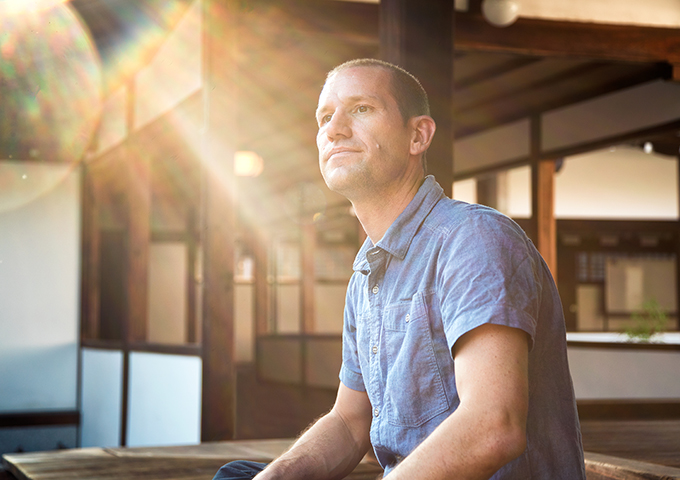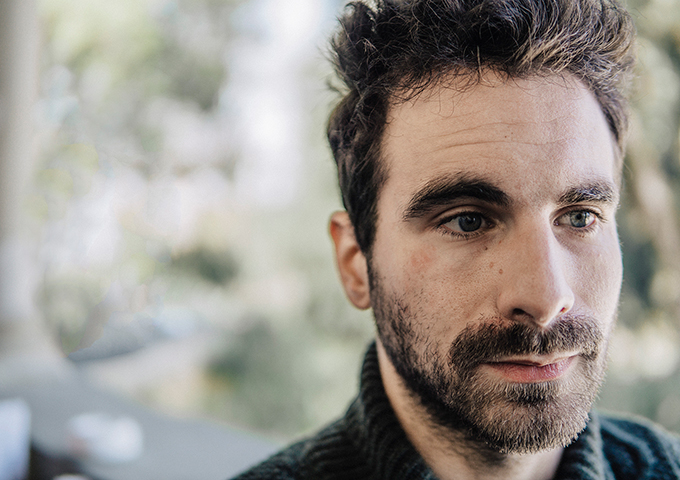Understanding verbal abuse
Many relationships face conflict, but how do we know when the problem is more serious? Read on to understand what constitutes verbal abuse, learn key signs to look for, and how to get help.
Read moreYou might think it’s best not to say anything because you might say the wrong thing. But saying the wrong thing isn’t the worst thing. The worst thing is staying silent. By saying nothing, you’re part of the problem.

You might think it’s best not to say anything because you might say the wrong thing. But saying the wrong thing isn’t the worst thing. The worst thing is staying silent. By saying nothing, you’re part of the problem.
Does your friend seem to:
You may have seen none of these things. But if you have a gut feeling or you’ve seen something you don’t like, find a quiet moment to check in with your friend.
These are what’s known as “red flags” for abuse and domestic violence. They are the signs that there may be violence or abuse in a relationship.
Call MensLine Australia on 1300 78 99 78 to get more advice on how to talk to your friend or how to help their partner get the support they need.
We can also help if you want ideas or information about programs that can help your friend stop using violence.
If you need to talk to someone, give one of our MensLine Australia counsellors a call on 1300 78 99 78 or access free video and online counselling.
Many relationships face conflict, but how do we know when the problem is more serious? Read on to understand what constitutes verbal abuse, learn key signs to look for, and how to get help.
Read more
Domestic and family violence in our community is unacceptable. Everyone has the right to be free from harm and to live without fear of abuse. All victims need compassionate and highly responsive support.
Read more
The Violence Prevention Program is part of the Changing for Good service and is for men who are worried about their thoughts and behaviour escalating to physical violence.
Read more
The Post-Men’s Behaviour Change Program is part of the Changing for Good service and is for men who have completed a Men’s Behaviour Change Program (MBCP) in the last 12 months.
Read more